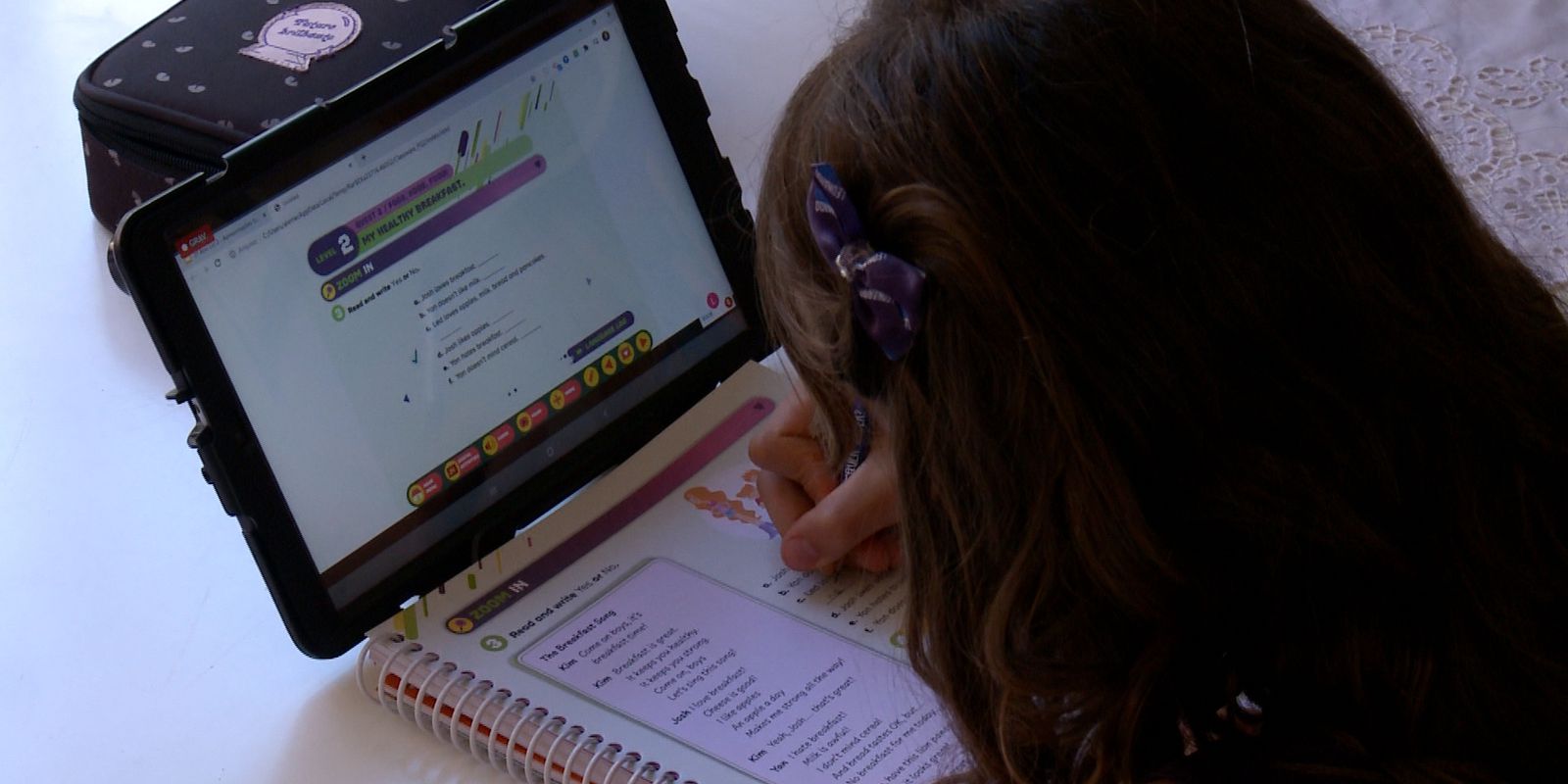The Senate approved today (27) the provisional measure (MP) that creates the Internet Brazil Program. The initiative provides free mobile broadband internet access to basic education students from the public school system of families enrolled in the Single Registry for Social Programs of the Federal Government (CadÚnico). The text goes to presidential sanction.
The PM was edited by the government in December of last year and, like any provisional measure, needed congressional approval for its effects to become permanent. In the Chamber, it underwent changes. Deputies included students from indigenous and quilombola communities in the program.
In addition, they added four articles on broadcasting activities that expand the opportunities for requesting the renewal of concessions or permissions to perform the services. The passage is considered a “jabuti”, that is, a subject foreign to the original text of the MP and was kept in the Senate.
According to the text, the Ministry of Communications must recognize requests submitted after the deadline for the renewal of the concession or permission of broadcasting services, provided that they are forwarded or filed until the publication of the MP conversion law.
Brazil Internet Program
The Ministry of Communications shall implement and coordinate the Internet Brazil Program. The implementation should occur gradually, depending on the availability of resources, the technical requirements for offering the service, among other needs defined by the ministry. Free internet access may be granted to more than one student per family. Chips, data packs or access devices will be distributed to students, mainly cell phones.
According to data collected by the Continuous National Household Sample Survey (PNAD Contínua), the internet was used in 82.7% of households in the country in 2019, an increase of 3.6% over the previous year. According to the Brazilian Institute of Geography and Statistics (IBGE), responsible for the research, the greater demand for internet in rural areas would have contributed to this growth.
“In order to reach the approximately 15% of households without access to the internet, and considering the permanent fiscal crisis that the country is going through, which exacerbates the scarcity of public resources, public policies that target more precisely the factors that cause this ‘ digital gap’”, said the MP’s rapporteur in the Senate, Daniella Ribeiro (PP-PB).









